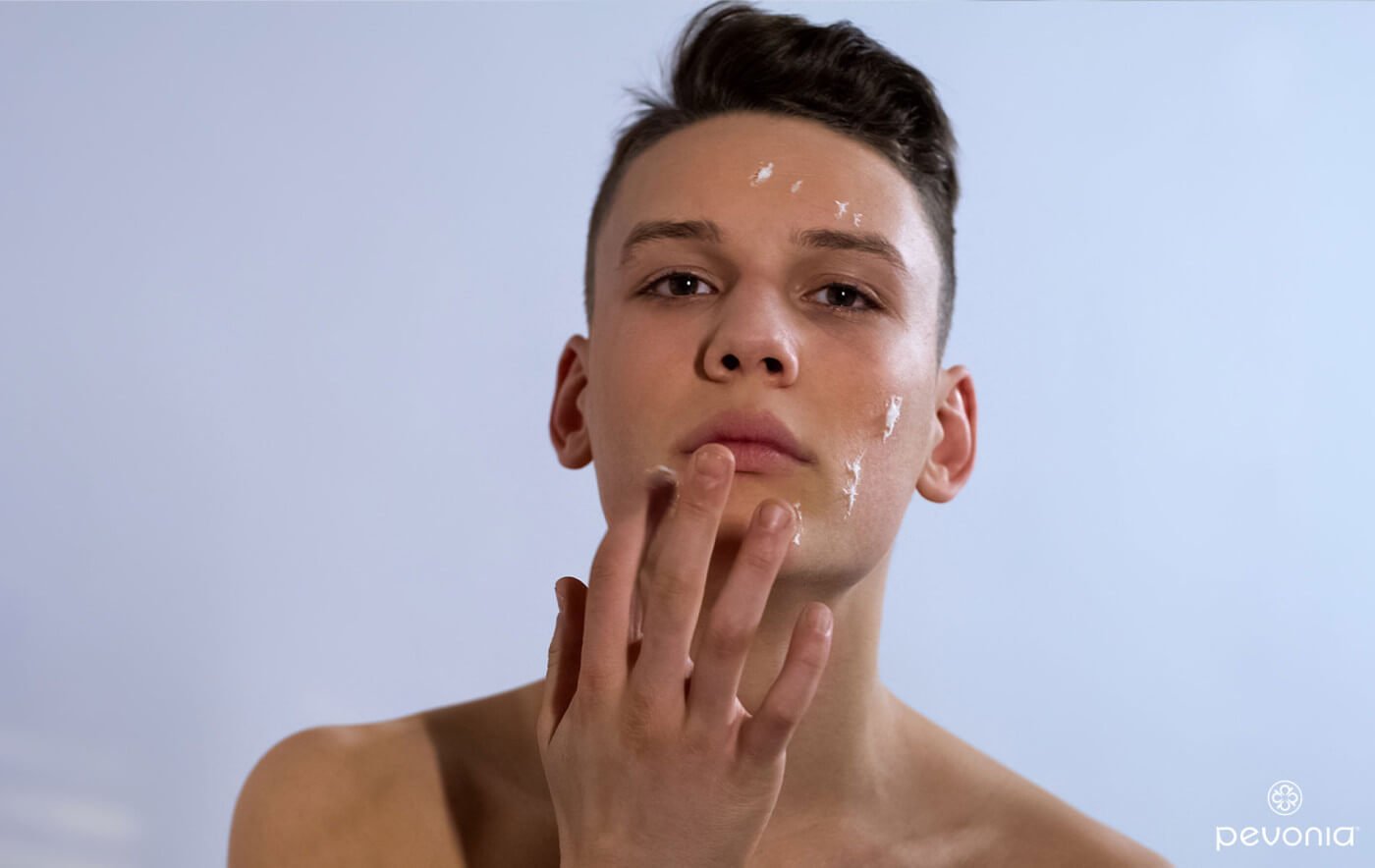
Current Skincare Trends Aren't Acne-Prone Skin's Friends
We are all for discovering new ways to practice the healthiest acne self care possible, but some of today’s so-called life-changing trends could be skin’s foes, not friends. So, to help you sift through which ones to avoid and which to adopt, here are some of today’s viral beauty trends that could change your skin for the worse:
Pimple Patches – We love what the skin positivity movement is doing for mental wellness. Still, we worry that calling attention to your acne with pimple patches may make you (and others) focus on it more, not less. Also, since they don’t address blackheads, closed lesions, or prevent breakouts, they aren’t a complete acne solution. An additional concern is that allowing this inflamed condition to continue, instead of treating it with urgency, will leave today’s generation with difficult (and expensive) to treat acne scarring that they will regret.
Applying Serums Directly with Droppers – You’ve seen influencers applying serums directly to their faces with the dropper. Unfortunately, the applicator may touch your skin and introduce acne bacteria to your product when you return it to the bottle.
Chlorophyll – Claims that this green-hued anti-inflammatory and antioxidant supplement helps acne are not science based. A better solution is a spinach salad or morning smoothie with spinach for a fiber boost that helps control blood sugar and reduce hormonal fluctuations and inflammation that create an environment acne bacteria love. It and other fiber-rich foods promote gastrointestinal health and healthy gut bacteria, which strengthen the skin barrier.
Salicylic Acid Alternatives – While potatoes and aspirin are accessible sources of Salicylic Acid, a favorite acne-fighting exfoliant, taping potatoes to your face or crushing up aspirin and applying it to your skin are not ideal. These untested DIY beauty skincare ingredients are not proven to wield the same benefits as professional skincare formulated with the proper pH to respect your skin barrier.
Repurposed Household Staples – Leave the lemon, vinegar, and baking soda in the kitchen and toothpaste in your bathroom. While well-intentioned, making your own toner, exfoliant, or acne spot treatment with these harsh, acidic actives can harm your skin barrier and worsen breakouts. Skip chemical-laden glue, too, which hardly aligns with clean beauty standards.
Slugging – Smearing your skin with Petroleum Jelly goes against everything we know about acne. Occlusive Petrolatum, Mineral Oil, and its other derivatives create a pore-clogging seal that robs the skin of oxygen, which is necessary for keeping acne in check. Instead of glass skin, you’ll wind up with more bumps than you had before you slugged away.
Face Oil Misuse – Despite many face oils being natural and beneficial for dry skin, slathering Coconut and Olive Oil face oils on oily, acne-prone skin usually exacerbates an already sticky situation. We get the appeal of DIY natural skincare ingredients but advise anyone prone to clogged pores to choose only non-comedogenic natural skin care products until their acne retreats and to keep their skin healthy and clear afterward.
Multi-Step Routines – Product overload with multiple layers of products in multi-step routines may overwhelm your temperamental complexion. A skinimalism acne skin care routine would be a superior route to prevent clogged pores and breakouts.
Professionally crafted, safe skincare products undergo meticulous processing to ensure purity and results that cannot be guaranteed with household goods. For more information on the skin care trends to avoid if you have acne prone skin, read our blog “How Improper Ingredients, Products, and Product Usage Affect Acne.”
